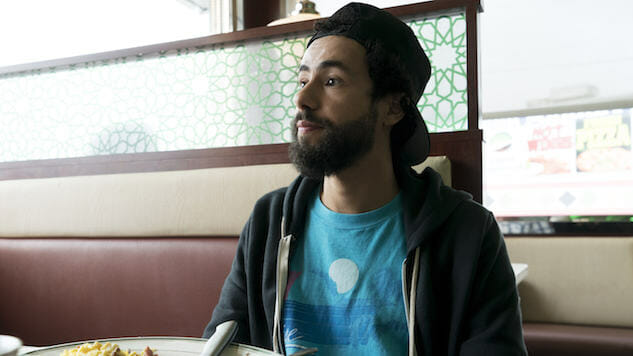Hulu’s Radically Optimistic Ramy Is One of the Year’s Best New TV Shows
Photo: Barbara Nitke/Hulu
A quarter-life crisis has never been sweeter than in Ramy. The half-hour Hulu dramedy follows a fictionalized version of star Ramy Youssef (who also writes many of the first season’s episodes) as he figures out life as a young Muslim Egyptian-American in New Jersey. Co-creators Ari Katcher and Ryan Welch, along with showrunner Bridget Bedard, find an endearing doofus in Ramy and plenty to say about generational compromise, religious identity, and culture clash. Ramy is easy to watch, radically optimistic, and a groundbreaking portrayal of Islam on screen.
Ramy is trying to be a devout Muslim, trying to find the right girl, and trying to work a job that won’t make him want to kill himself. Master of None is the immediate touchstone here since Ramy is also a smart, romantically idealistic, and semi-funny streaming show whose protagonist’s culture is underrepresented on TV. Ramy, however, is no Dev. He’s not a millennial dispossessed of his roots, but a deeply rooted man disenchanted with millennial culture. But Master of None is only one of the series—along with Atlanta, High Maintenance, and Girls—with which Ramy shares similarities. Ramy operates in the same well-shot prestige comedy aesthetic and tone, balancing dick jokes with stuff like a 9/11 flashback episode, and bringing to bear a tonal and thematic confidence totally its own.
-

-

-

-

-

-

-

-

-

-

-

-

-

-

-

-

-

-

-

-

-

-

-

-

-

-

-

-

-

-

-

-

-

-

-

-

-

-

-

-








































